When we hear the word phonetics, the first thing that comes to our mind is sounds and words. A lot of times people interchange the word phonetics and phonics and use it as one. Phonetics is the scientific study of speech sounds, while phonics teaches children how to read and write by helping them hear and recognise different sounds that make words unique in English.
Phonetic spellings make it easier for kids to spell longer and harder words. They do this by showing how each letter sounds when spoken. Phonetic spelling is how children pronounce the letters of the alphabet. The connection between the letters and the sounds they make is called phonetics.
Examples of phonetic words with consonant letters
Here are some examples of phonetic words that show different consonants and vowel sounds for preschoolers.
Sound | Example |
b | but, bad |
ch | cheese, cheek or nature – spelt with a t, but makes the same sound |
d | do, dog |
f | fur, food, enough- ‘gh’ sounds like ‘f’ |
g | go, bug |
h | hop, ahead |
l | leg, letter |
m | man, mom |
n | no, tin – ‘n’ sound is at the end |
ng | ring, sing |
p | pen, tip – ‘p’ sound is at the end |
r | run, far – ‘r’ sound is heard at the end when pronounced |
s/ss | see, pass |
sh | she, emotion – spelt differently, but when pronounced, the ‘sh’ sound is heard |
t | twig, bet – heard at the end when pronounced |
th | the, teeth |
v | visit, have |
w | we |
wh | whisper, what |
Examples of phonetic words with vowel letters
Sound | Example |
a | cat, hat |
air | square – spelt differently, but when pronounced, sounds like ‘air’ |
ar | party, start |
ay | stay, sway |
ai | pain, chain |
er | letter, burger |
ee | fleece, beep |
i | kit, lit |
o | lot, toast |
oe | shoe, poem |
oo | food, boot |
ou | out, count |
ow | mouth – even though it’s spelt differently, you can still hear the ‘ow’ sound |
u | gum, bun |
Benefits of learning phonetics for preschoolers
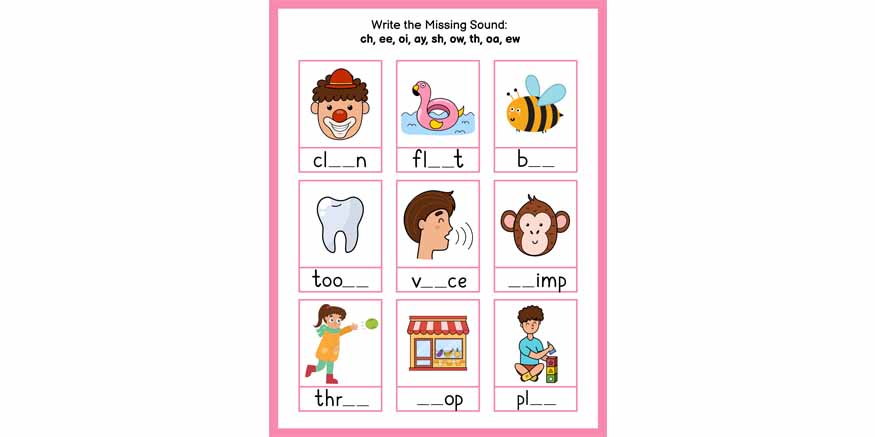
- Enhances languages and activity
- Develop patience
- Understanding of syllables
- Academic development
- Improves brain activity
Practising phonetics using various passages or stories can help preschoolers grow their vocabulary. It also helps them learn how to sound out different words when they read. As they get used to this practice, they become faster at recognising words and understanding their meanings, which helps them learn even more words.
While practicing phonetic spellings, they work on breaking words into different sounds to read them. This takes a lot of patience and concentration. As they get used to this, they start using the same skills in other activities. This helps them learn to stay calm and patient while figuring out phonetic spellings.
Phonetics helps preschoolers develop an understanding of the syllable structure to identify small things like open syllables always ending in long sound-producing vowels. On the other hand, closed syllables usually end with a consonant and have a short vowel sound. If preschoolers do not practice phonetic spellings, they might not notice these important differences.
Learning phonetics is helpful for preschoolers not just in English, but in other subjects as well. It improves their speaking skills, boosts their confidence to join debates and competitions. It also contributes to their overall academic success.
Reading is a great activity for preschoolers because it helps their brains create new neural pathways. If they struggle to read without understanding the sounds of different letters in the word. Thus, phonetic spelling gives them the power to read.
Activities to learn phonetic spelling for children
- Alphabet ball
- Magnetic letters
- Flip the pancake
For this fun activity, all you need is a softball. Start by calling out a sound and tossing the softball to your child. When they catch it, they should say a word that starts with that sound. Then, they can throw the ball back to you while saying a word that begins with the same sound. Playing this game will help your child to improve phonetic sounds.
Grab some magnetic letters and a surface to stick them on for this game. Put the letters in a bowl and place it a little distance from the magnetic surface. Have your child stand by the surface, then call out a sound. They need to dash to the bowl, grab the letter that matches that sound, and bring it back to stick it on the surface.
If your child enjoys pancakes, they will have fun with this phonetic game. Cut out 8 to 10 pancake shapes from colored paper and write a letter sound on each one. Using a silicone spatula, ask your child to flip each pancake while saying a word that starts with the letter sound written on it.
Teaching phonetic spelling to preschoolers is important in early childhood education because it helps them succeed in school later on. By using fun and interactive techniques, teachers can assist preschoolers in building strong phonetic skills, which are essential for reading and writing. Even though there are some challenges, the benefits of helping kids become confident and skilled readers are huge.
At Mother’s Pet Kindergarten, we focus on creating a learning environment that encourages preschoolers to improve their reading proficiency and enables them to grasp the relationship between sounds and written symbols. Our well-rounded curriculum, along with our dedication to personalised teaching, makes sure that every child gets the help they need to excel in their education. By promoting a love for learning and developing phonetic skills, we empower our preschoolers to start a lifelong journey of literacy and learning.

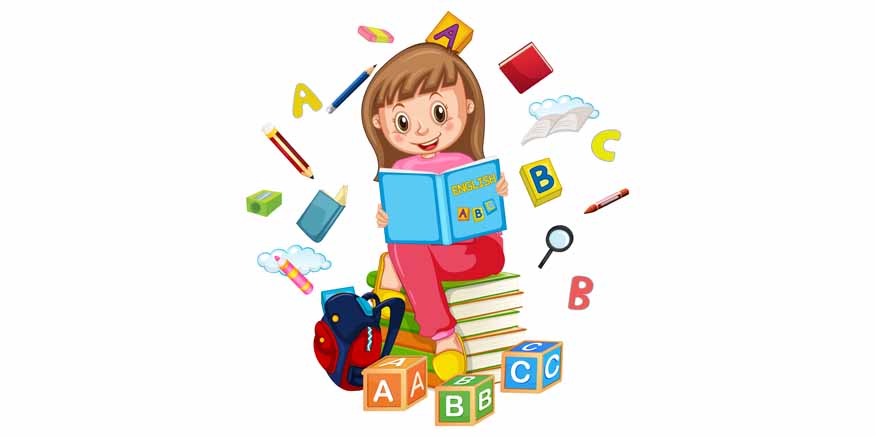
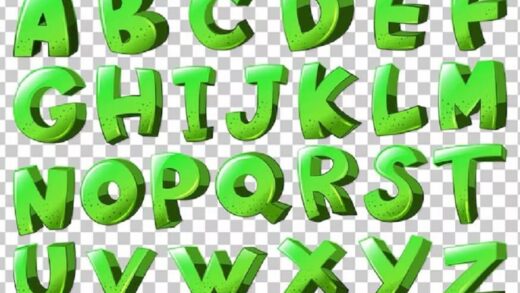

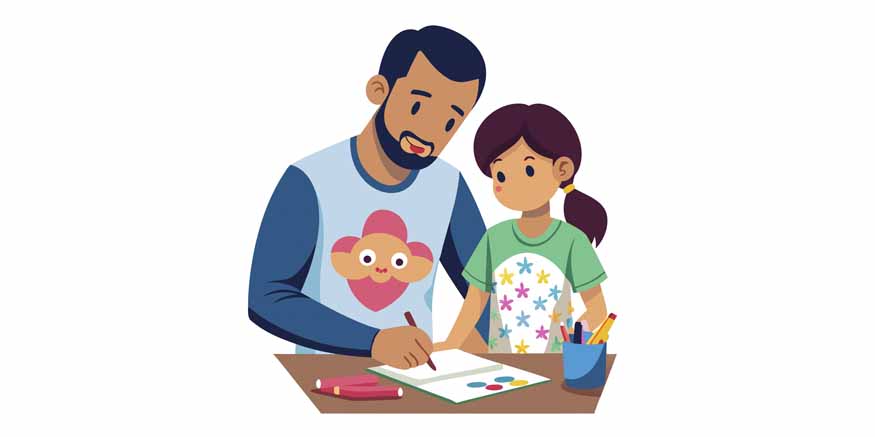


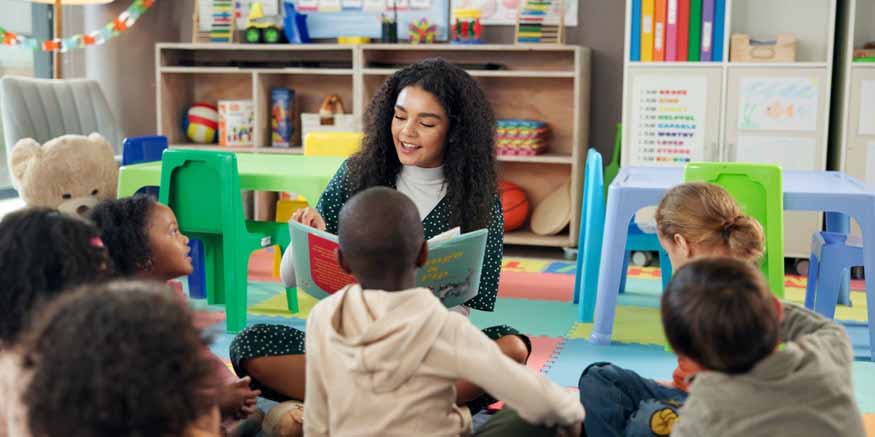

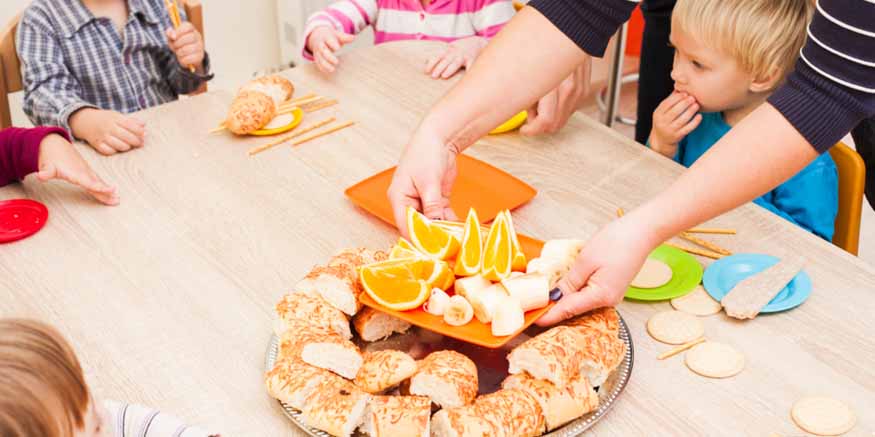
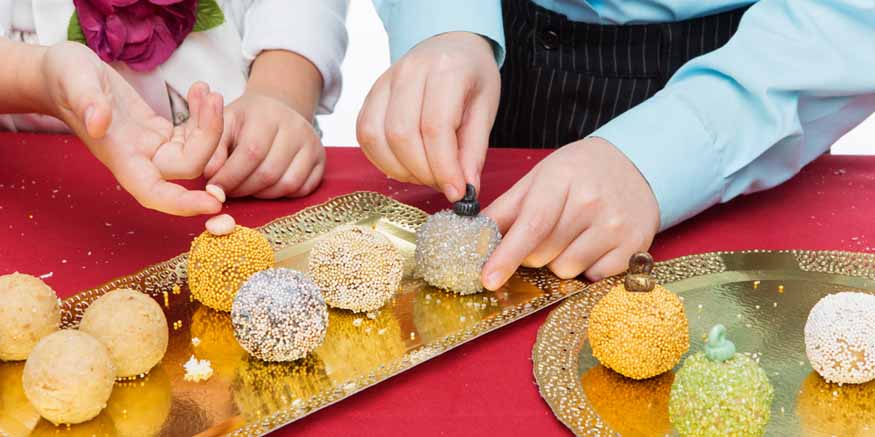
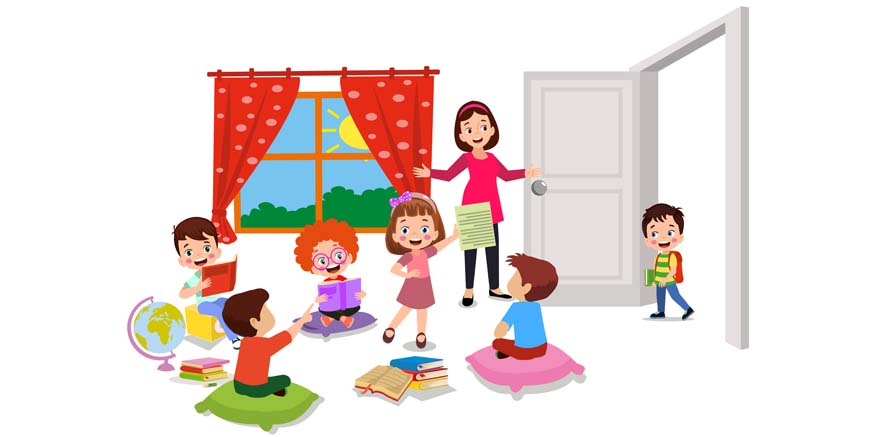
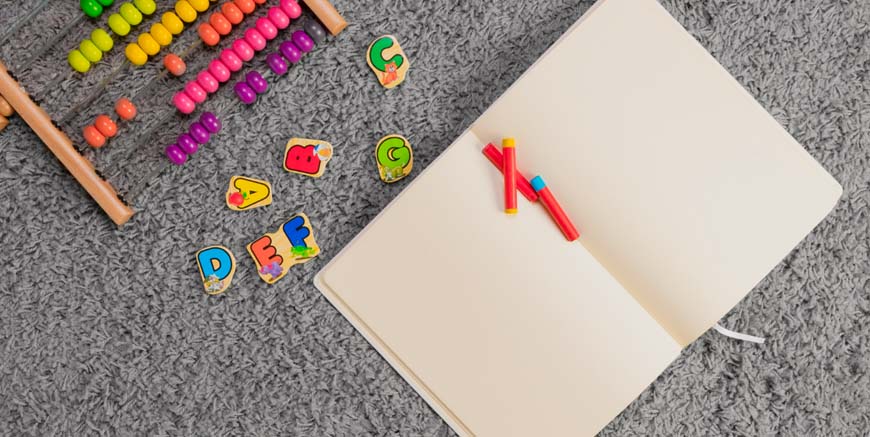
Recent Comments